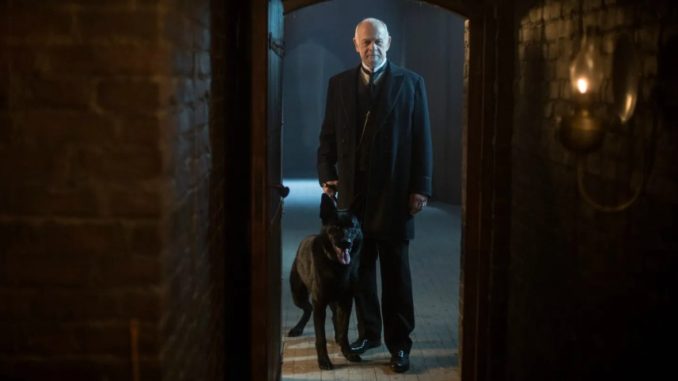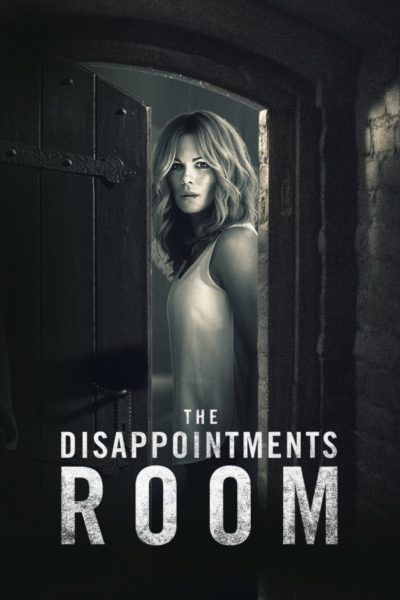
Rating: C-
Dir: D.J. Caruso
Star: Kate Beckinsale, Mel Raido, Duncan Joiner, Gerald McRaney
I suspect it might be a mistake to put the word “disappoint” in your title. It’s probably suggesting subliminally to your audience that the film will do the same. This under-performed commercially, and whether it’s the power of the subconscious or not, did leave me feeling somewhat less than whelmed. The Barrow family move from New York to take possession of a run-down mansion in North Carolina. There’s mom Dana (Beckinsale, with blonde hair for once), dad David (Raido) and young son Lucas (Joiner). Not present: daughter Catherine. That’s because she died in a tragic accident before her first birthday. It’s an incident for which Dana still blames herself, triggering a subsequent mental breakdown and medication.
It’s a boilerplate concept, and you can probably figure out most of the story beats thereafter from it. Dana begins to have strange experiences and stops taking her meds. David doesn’t believe his wife and thinks she’s on the way back to madness. They discover a strange room in the attic, not present on the building’s floor plan, and a mysterious grave on the property. A helpful local enlightens them as to the building’s history. And so on. Naturally, it all ends in Dana having to fight the ghosts of occupants past, in particular Judge Ernest Blacker (McRaney), whose murderous intentions are now turned to Lucas. It’s as if writers Caruso and Wentworth Miller simply watched a few examples of the sub-genre, and copy-pasted ideas into their own script.
 Beckinsale’s performance is likely the only thing which holds this together, and stops it from collapsing entirely. You’re never quite sure how much of what Dana is experiencing is real, and how much she is just a crazy mommy. Portraying both sides of this is a difficult line to walk, and the actress does an engaging job. She gets no help whatsoever from Raido, though in his defense the script does not give him a meaningful purpose to serve. Yeah, your wife is on the verge of a nervous breakdown: why not leave her all alone, while you personally go back to the city for a chat with her therapist? There is, I have heard, this exciting new invention called a “telephone”, y’know. But even when physically present, any personality is not.
Beckinsale’s performance is likely the only thing which holds this together, and stops it from collapsing entirely. You’re never quite sure how much of what Dana is experiencing is real, and how much she is just a crazy mommy. Portraying both sides of this is a difficult line to walk, and the actress does an engaging job. She gets no help whatsoever from Raido, though in his defense the script does not give him a meaningful purpose to serve. Yeah, your wife is on the verge of a nervous breakdown: why not leave her all alone, while you personally go back to the city for a chat with her therapist? There is, I have heard, this exciting new invention called a “telephone”, y’know. But even when physically present, any personality is not.
This is one of those ghost stories where there is no discernible logic or motive here. What, exactly, is the spirit of Judge Blacker hoping to achieve? His random appearances and actions serve no purpose: if his goal was merely to kill another child, why all the faffing around first, such as locking Dana in the secret room? Attacking her son is entirely at odds with the immoral philosophy which drove him while alive. If Lucas had been disabled, then it might have made logical sense; he’s not, being a perfectly normal, typical young boy. There’s only one word which adequately sums this movie up. I’m sure you can work out what it is.
